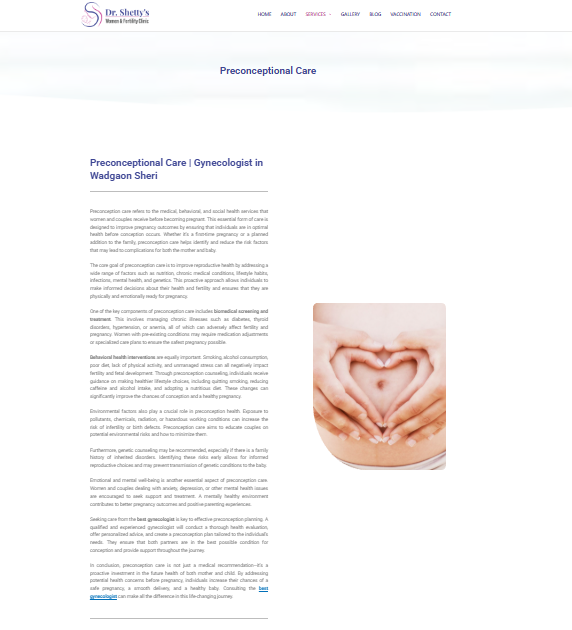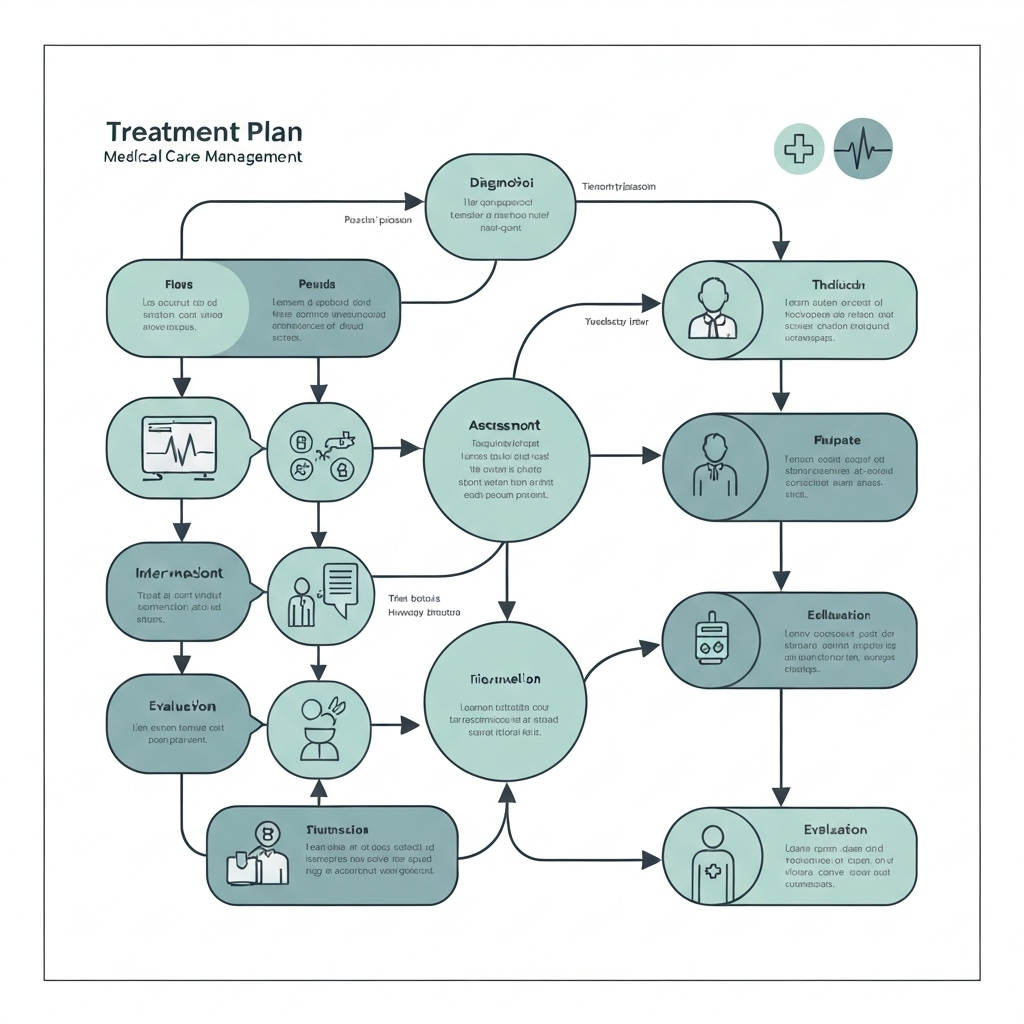High Risk Pregnancy Management
Expert care and guidance from Dr. Meenal Warade, your trusted gynecologist.

About High Risk Pregnancy Management
High-risk pregnancy management involves specialized care for pregnancies that have an increased chance of complications affecting the mother, baby, or both. These pregnancies require enhanced monitoring, specialized testing, and often multidisciplinary care to ensure the best possible outcomes.
A pregnancy may be considered high-risk due to maternal age, pre-existing medical conditions, pregnancy complications, or fetal concerns. With proper management and close monitoring, many women with high-risk pregnancies can have successful outcomes and healthy babies. The key is early identification of risk factors and implementation of appropriate care strategies.

Expert Consultation
Personalized care with comprehensive evaluation and treatment planning.

Advanced Technology
State-of-the-art equipment for accurate diagnosis and effective treatment.
Common Causes & Risk Factors
Several factors can classify a pregnancy as high-risk. Maternal age plays a significant role, with pregnancies in women under 17 or over 35 carrying increased risks. Pre-existing medical conditions such as diabetes, hypertension, heart disease, kidney disease, autoimmune disorders, or thyroid problems can complicate pregnancy.
Previous pregnancy complications including preterm birth, pregnancy loss, preeclampsia, or gestational diabetes increase the risk for subsequent pregnancies. Multiple pregnancies (twins, triplets) also carry higher risks due to increased demands on the mother's body and potential complications.
Lifestyle factors such as smoking, alcohol use, drug use, or obesity can contribute to high-risk status. Additionally, certain infections, genetic factors, or fetal abnormalities detected during pregnancy may require specialized management and monitoring.

Lifestyle Factors
Understanding how daily habits and choices impact your health.

Genetic Factors
Family history and genetic predisposition considerations.
Prevention & Management
While some risk factors cannot be changed, many complications can be prevented or managed through comprehensive care. Preconception counseling helps optimize health before pregnancy, including managing chronic conditions and making lifestyle modifications.
Regular, frequent prenatal visits allow for close monitoring and early detection of complications. This may include more frequent ultrasounds, specialized testing, and consultations with maternal-fetal medicine specialists or other specialists as needed.
Lifestyle modifications such as following a healthy diet, taking prescribed medications, avoiding harmful substances, managing stress, and following activity restrictions when recommended can help reduce complications. Patient education about warning signs and when to seek immediate care is also crucial.

Regular Screening
Early detection through routine examinations and preventive care.

Treatment Planning
Customized treatment approaches tailored to individual needs.
Frequently Asked Questions
Ready to Get Started?
Schedule your consultation with Dr. Meenal Warade today for personalized care and expert guidance.